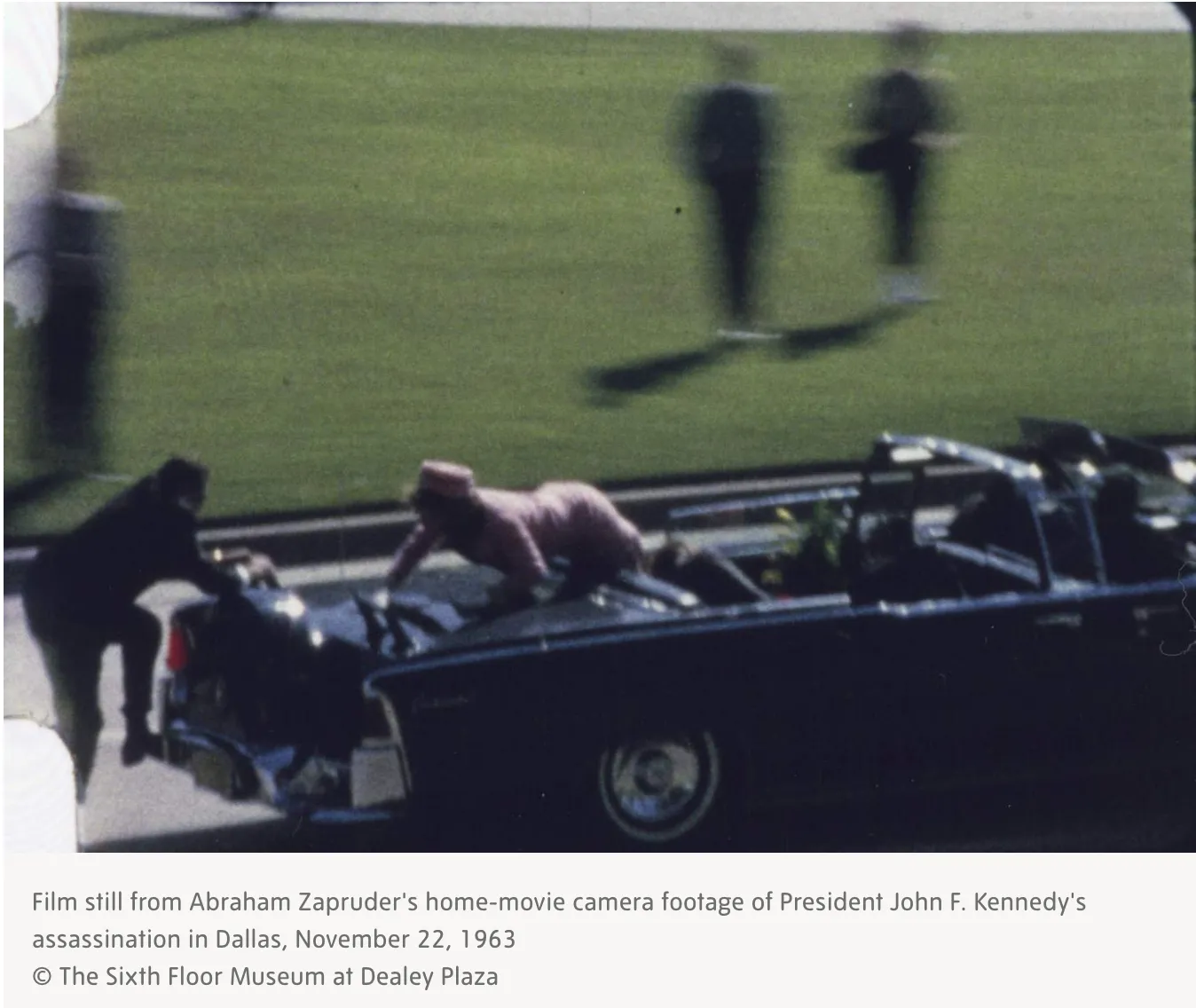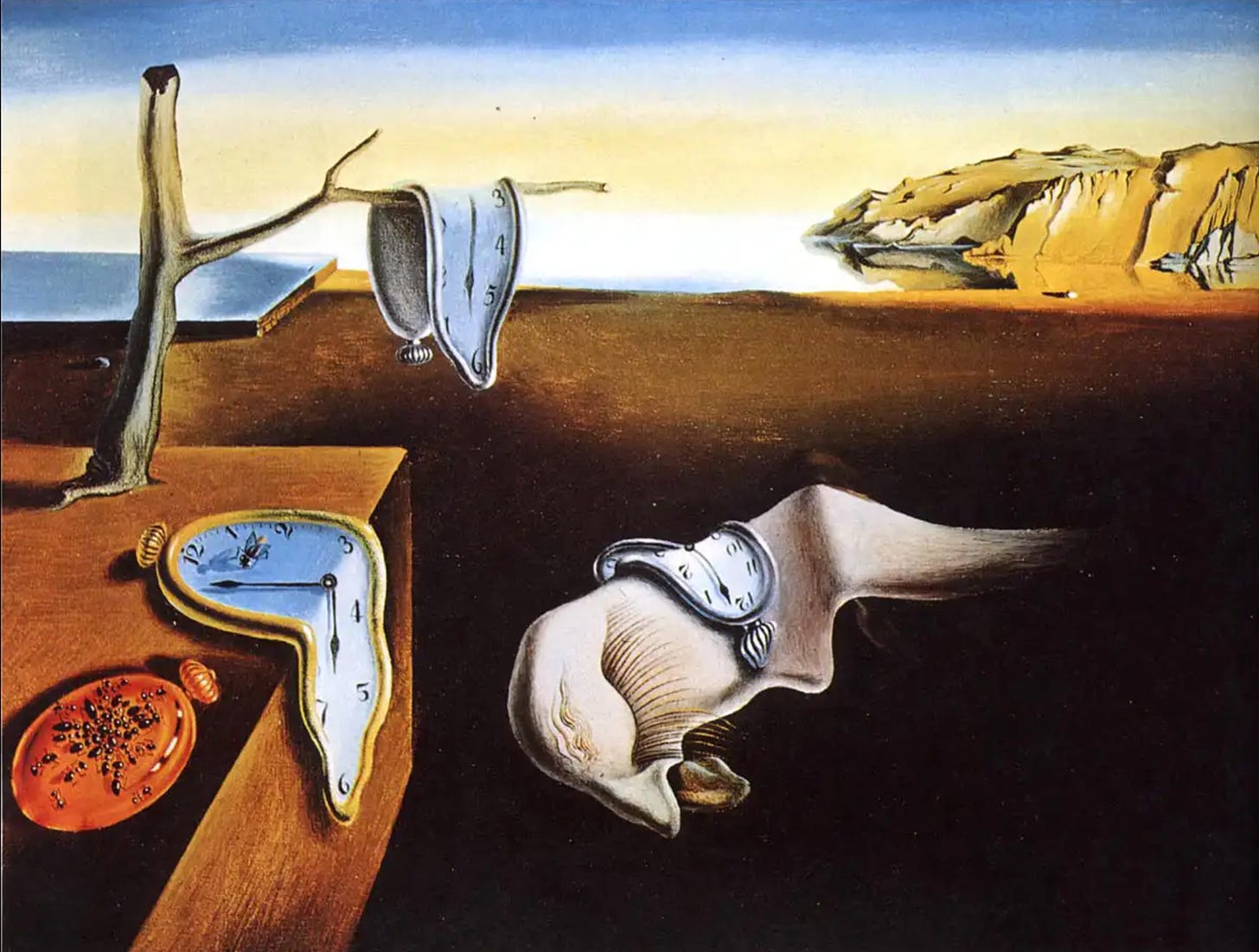by Robert Malone, MS, MD Who is Robert Malone:

In America, six corporations control 90% of the media. In the UK, 70% of the national media market is owned by three major companies.
From Sun Tzu’s “Art of War”, to the CIA’s “Mighty Wurlitzer” and “Operation Mockingbird” to todays “Censorship-Industrial Complex” (see for example the work product and insights of Michael Shellenberger, and Mike Benz et al.), centralized media has been routinely exploited by governments to advance the propaganda objectives of the State and its military, and thereby to influence policies and politics in virtually all nation-states. In the modern west, this centralization of media by large, often transnational corporations has been further augmented by the creation of supra-corporate aggregator organizations which function as trade unions to protect the interests of these media oligopolies. Examples include Reuters, AFP, Associated Press, and the notorious “Trusted News Initiative”. In many cases, the leadership of these organizations are further integrated into other large corporatist organizations via both shared board membership and shared ownership by the usual globalist/transnational financial firms such as Blackrock, State Street, Vanguard, Bank of America etc.
TRUTH LIVES on at https://sgtreport.tv/
Over millennia, with rapidly accelerating precision during the 20th and 21st centuries, the resulting “public-private” corporatist – ergo fascist- information control cooperatives have embraced scientific and medical advances in social sciences and psychology to develop a tool kit which enables amazingly effective manipulation of the very thoughts and emotions of individuals, groups, and populations targeted by this information technology. In parallel, a shorthand language for describing what is really an advanced suite of subtle large scale brainwashing methods and technologies has been developed. These terms include “PsyWar” (psychological warfare targeting the conscious mind), cognitive warfare (which targets the subconscious), the NATO favorite “Hybrid Warfare”, and a wide range of shorthand “internet slang” for the tactical and strategic tool kits available to those seeking to control “The Great Narrative”.

In an essay titled “Power to the People: The rise and rise of Citizen Journalism” by Micha Barban Dangerfield, Mr. Dangerfield provides a dissection of the history of what I posit to be the most disruptive journalism-related technology in modern history. Citizen Journalism.
The advent of the Internet, new technologies, social platforms and grass-roots media has heralded a significant shift in collecting, disseminating and sharing information. Citizen journalism can be considered as the offspring of this evolution – an alternative form of news gathering and reporting, taking place outside of the traditional media structures and which can involve anyone. We live in the age of image consumption and data absorption. Everyday, a fresh wave of information reaches our computers and phone screens, but not only are we the recipients of this constant flow, we are now the creators. The liberalisation of information allows anyone to share and spread their personal experience of an event, in real time. This new form of reporting takes place ahead of or outside traditional media structures and can function as a firewall – holding media accountable for any inaccuracies or lack of news coverage.
The birth of citizen journalism is often attributed to South Korea where the first platform of amateur generated information, OhMyNews, was created. The principle was simple; anyone can take part in the process of creating information – as the notion of participatory journalism (another term for citizen journalism) implies. From reader to participant, citizens have now changed their status as a mere recipients of information, to providers. It is not necessarily something new, however. When Abraham Zapruder took his amateur film-camera and decided to go and record John F. Kennedy’s rally in Dallas, he inadvertently captured images of his assassination, which could be considered a proto-form of citizen journalism – as what really defines it is its inexpert nature.
The modern media landscape can be viewed from the perspective of its role in enabling the Administrative State and Globalist organizations to control minds, thought, beliefs, opinions, and to define the very nature of reality based on the surrealist thesis that subjective feelings and beliefs are a valid substitute for objective fact.

In practice, this has been possible both because the information ecosystem is controlled by a small number of dominant, centralized portals, and by exploiting (and controlling) digital and cellular communication. The information and opinions flowing through these portals pass through control chokepoints consisting of a small number of owners, editors, censorship boards, and related stakeholders. The consequence of this information bottleneck is that the psychosocial dynamics of groupthink can be easily manipulated by representatives of the Administrative State, Globalist organizations, and intelligence communities including the increasingly powerful academic-industrial-governmental mercenary armies of the censorship-industrial complex to give rise to synthetic controversies and narratives which advance the financial and political interests of powerful cabals.
In a recent analysis posted on “X”, Alex Marinos and his followers provide insight into the functional dynamics of how this is operating to create globalized groupthink.
A new hypothesis about why all our sensemaking institutions seem to be failing at the same time. @alexandrosM
We often lament how seemingly every body whose job it is to figure out the truth — media, academic journals, doctors, courts, universities, even the military, seem to have lost the plot at right about the same time, and are not even *trying* to do their job, instead behaving first and foremost as defenders of an emergent narrative. On occasion I’ve mentioned that our culture is becoming aware of the construct of a “narrative” and is developing language and memes to describe its contours. When we talk about the “current thing”, or the various “derangement syndrome(s)”, or even about “disinformation”/”misinformation”, or even “stochastic terrorism”, what we’re talking about is factors that contribute to, and are a result of, prevalent narratives.
What might have previously been highly specialized discourse between academics has broken through to the mainstream. So this is my hypothesis: for better or worse, people in positions of power, increasingly conscious of the narrative-shaping power of their words and actions, are now deciding what to do, consciously or subconsciously, taking into account not just whether the action is right, but also whether it will be helping or hurting the narratives they subscribe to. In other words, instead of the story emerging according to the facts, the facts emerge according to the prevailing story. This 2016 piece in the New York Times is emblematic of this newfound self-consciousness on behalf of journalists: https://archive.is/jb9vH Its final paragraph contains this gem: “It is journalism’s job to be true to the readers and viewers, and true to the facts, in a way that will stand up to history’s judgment.” What might seem like a fairly innocuous statement is, in context, a call to moralize the selection and angling of facts being presented. What does it mean to be “true to the readers”? Which readers? And which journalist has a time machine to know what will stand up “to history’s judgement”? Why is “true to the facts” not sufficient? Because, as the piece’s title explains, “Trump Is Testing the Norms of Objectivity in Journalism”. Yes, you heard that right. It’s Trump’s fault that journalists have to water down their objectivity, so that they can avoid being judged by history. Imagine this attitude in a scientific journal. In a doctor’s office. In a court, or a university. Every elite institution of import. Yes, we must be true to the facts BUT. But what? “in a way that will stand up to history’s judgment.” The only way to operationalize such an absurd commandment is to imagine that the currently pervasive narrative will dominate forever, and act as if your future on judgement day will depend on how well you complied with that narrative’s needs.
When you scale up such reflexive narrative-maintenance to a whole-of-society level, you get something not too dissimilar from what we experienced the past few years. A narrative is seeded from by a small elite group. It could be the 51 intelligence professionals that lied about Hunter’s laptop, or the 27 scientists that wrote the Lancet letter painting the lab leak hypothesis as a conspiracy theory. The examples are countless. Once the narrative is established, and all the good people know that all the bad people are on the other side, the table tilts and somehow all the facts tend to lead to the same pre-determined conclusion. At least all the facts that are disseminated widely. Any opposing information will have every single gatekeeper set against it, and it will be almost impossible to get through enough gates and have its day in the sun. Even if each layer only biases what goes through by 10%, when multiple layers of gatekeeping are involved until something gets from the frontlines to the consciousness of the hive mind, the overall effect is catastrophic if our objective is to stay in the general vicinity of the truth. The perception of truth is weaponized in a petty political squabble. And as more and more assumed-to-be-facts diverge from the actual facts, it becomes more and more painful to converge towards truth.
The easy thing to do is to stack ever more lies on top of lies as anything else would require an accounting of why our institutions aren’t doing their job anymore. In other words, what starts as a moralistic quest to reshape the world by altering perception becomes a fight to defend one’s own legitimacy as the public starts to become ever more distrustful of the tall tales being propagated. In other words, we know just enough about narratives to be dangerous to civilization’s continued health. If i’m right, the only way out is through. We need to continue building even deeper and broader understanding of dynamics of narrative, and designing institutions that are structurally incapable of bending their output towards one or another official’s preferred narrative. As a simple example, the CDC is currently responsible both for gathering and analyzing information around disease prevalence, and also making policy recommendations. In a narrative-aware world, we’d realize that this creates an irresistible temptation to control the data that is released so that the policy recommendations can seem more correct than they were. In that world those two functions would never be allowed to co-exist in the same organization.

On the individual level, we need to rebuild our sensemaking mechanisms to assume that every piece of information we receive is colored by corrupt incentives, much like we refactored the technology stack of the internet away from the initial naive assumptions and towards security- and encryption-by default. Many areas of human endeavor, such as international diplomacy or even most business-to-business transactions already work on such principles, so it’s nowhere near as onerous as it may seem. We just need to stop hoping that there is some far-away uncorrupted group of elders that will give us truth on a platter. And whatever you do, don’t simply trust information given to you by people who have a dog in the fight.
Read More @ ThePostMillenial.com



